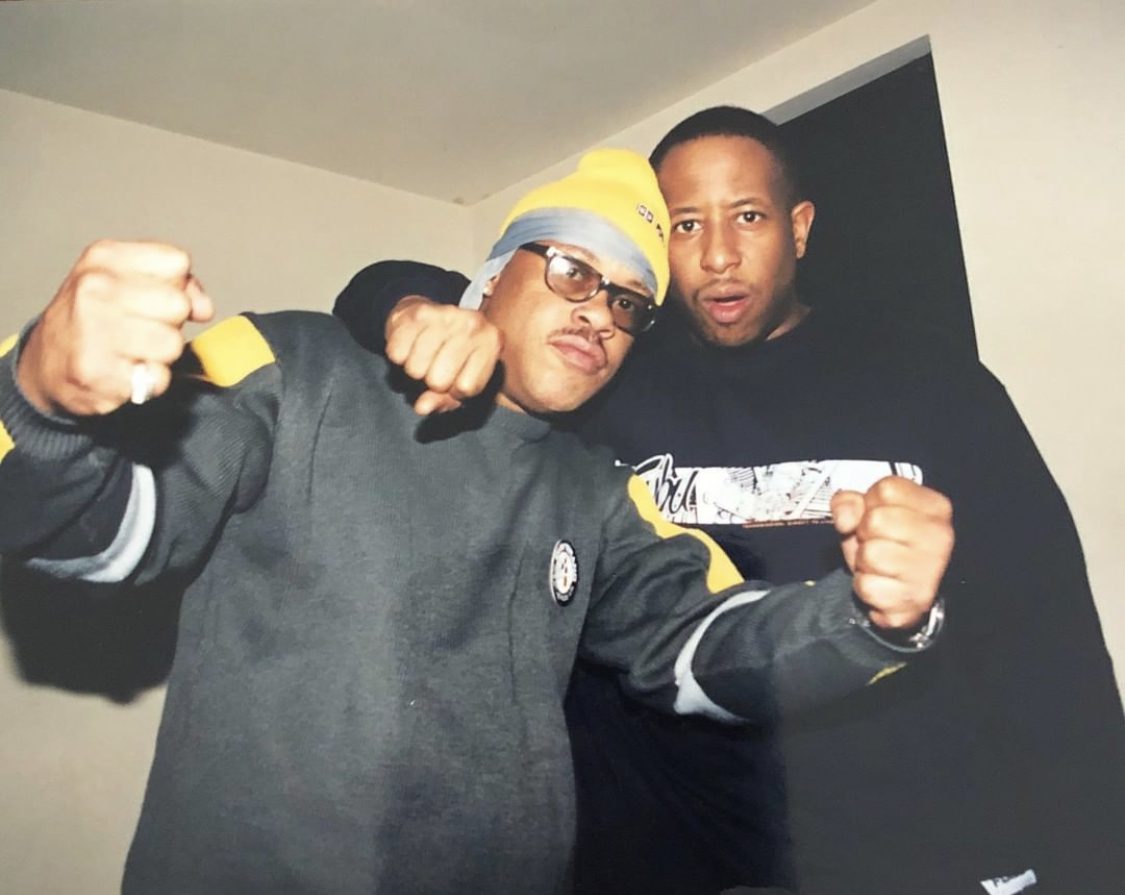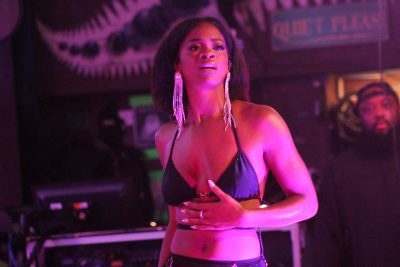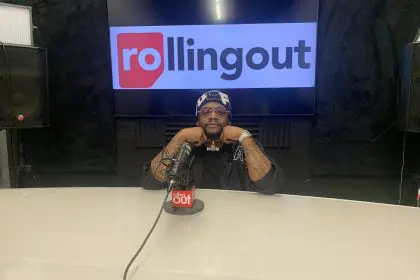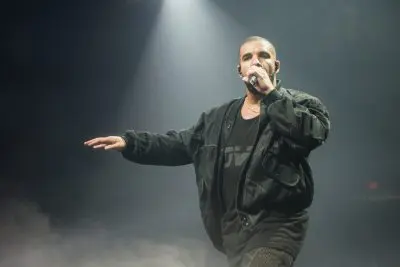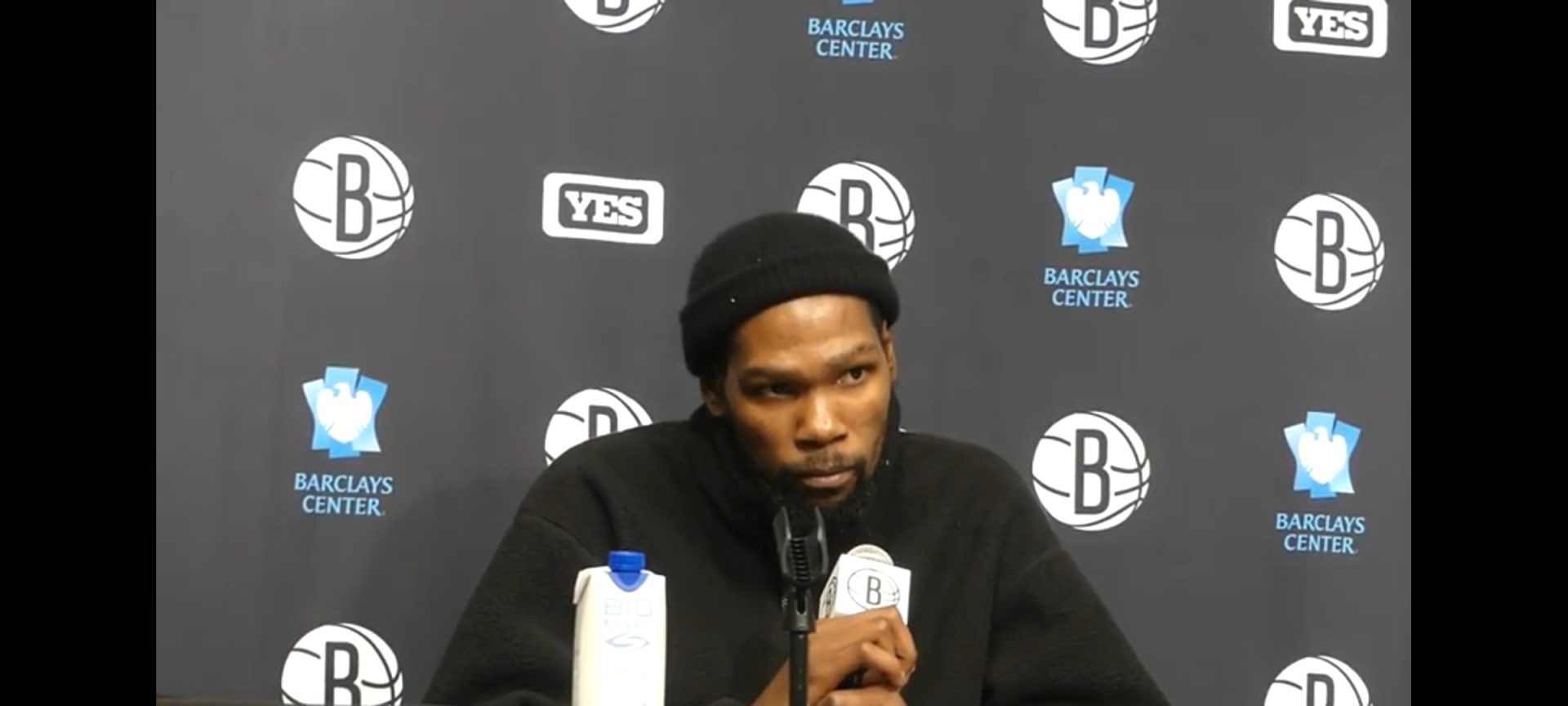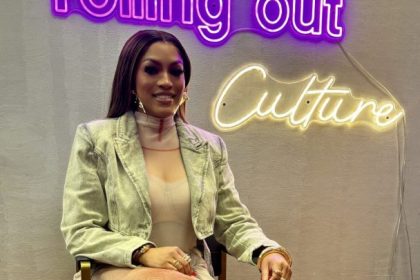J. Cole blessed the entire world last weekend when Friday Night Lights was finally released on streaming services. Originally releasing in 2010, this was the mixtape that woke people up to Cole, well most at least.
I remember hearing Friday Night Lights in 2010; I was a freshman in high school, and I hated it. The only song that hit for me was “2Face” at the time — but, boy, was I wrong. I gave the album another listen my junior year, and I hated myself for hating the project. Friday Night Lights is a coming-of-age story — and now in my late 20’s, Friday Night Lights hits harder than ever.
In 2010, Cole was in a far different space than the one he’s in now. Even after two mixtapes, he was still overlooked. Drake already got his first Grammy nod at this time, among other rappers on the come-up. Even though Jay-Z hand-picked him, J. Cole was still felt like an afterthought — not only in rap, but on his own label. That kind of sets the headspace that J. Cole was in at the time of making this tape.We all know how we get when we are slighted or feel we not getting enough kudos. Instead of crashing out like most of us would do in our early 20s, he put it in the music and created a magnum opus.
The tape truly starts on the second track, “Too Deep For The Intro,” and off the gate you see why Cole is revered as a storyteller. He takes an iconic sample and smashes it, turning it into a true coming-of-age story. He touches on a myriad of topics, including finally coming back and seeing old girls from his past. But the song reaches its climax — no pun intended — when he starts to tell the story about losing his virginity. It hits so much differently now because he painted the picture perfectly about how most men lost theirs:
“Always thought my first time would be someone I cared about / But being a virgin was something to be embarrassed about / I used that a– for practice, so I wasn’t scared out my mind…”
Cole gives you a taste of his storytelling abilities there and he doesn’t look back for the rest of the tape.
So many standout tracks to choose from, and it’s like they all hit harder now that I’m in adulthood. Whether it’s “Before I’m Gone” or “Back To The Topic” (where he raps about returning home and the groupies waiting on him there), or another one of my favorites, “Enchanted,” (where Cole directly blames the issues in his hood and hoods all over America on absent fathers), Cole is unabashed when it comes to giving his opinion. You see it perfectly on one of the greatest remixes ever “Villematic.”
On “Villematic,” J. Cole remixes Kanye West’s “Devil In A New Dress,” and he easily has the best remix. On this song he mainly reminisces about his college days, but he gets introspective as he starts to question the success he is finally starting to find:
“Cus now I’m dealing with money I never seen before / RnB b—–s want me that was just dreams before”
But true to Cole, he left us with some gems that still holds true to this day, such as: “These h*es the same, all that change is the outfit.” He warns us about the pitfalls of success throughout the tape, and for him to be that aware in his early 20s shows the kind of mindset Cole had at a young age. This theme of giving game continues on “The Autograph” and “Home For The Holidays.”
On those two songs he warns us of the dangers of friendship. “Home For The Holidays” finds J. Cole returning home for the first time after college and he realizes everything is different. The girls are now grown and are playing grown games, and the guys he used to kick it with are either in jail, in Iraq or in the streets. It really shook Cole when he saw one of the popular kids in high school doing crack, and it confirmed that he made the right decision to go to college. On the third verse of “The Autograph,” he tells a story about running into some fans who burned his CD instead of buying it, and he lectures them on why they shouldn’t have:
“These rappers talk a lot of money ,cars, and h–s s– / I give you that and then a whole lot more s—.”
A philosophy he is still sticking to 14 years later.
My favorite songs on the album are “Love Me Not” and “Premeditated Murder” because the former focuses on why relationships end while the latter is about finally reaching a particular goal — both very relatable topics. On “Love Me Not” Cole’s relationship is falling apart because of how successful he’s been. He locks his phone now; he misses calls now, but at least he’s rich and can afford to take you anywhere — something he couldn’t do when he was broke. It shows the duality of success perfectly and how the relationship dynamic changes as one of the partners grows in their life — a very common theme in adulthood.
“Premeditated Murder” also finds J. Cole dreaming about exactly where he is today: on top of the rap game. He raps about all the possible things he can do when he’s actually rich on the first verse including white women, cars with real legroom and a mansion. The second verse starts with Cole declaring that he will make it — “Ima kill the game and invite witnesses” — and also acknowledges that even if success makes him a bad person, everything else will make up for it: “My own worst enemy but f– it either way I can’t lose.” To have that foresight at 23 is not normal.
Friday Night Lights is a coming-of-age story that you can only appreciate once you have come of age. No, you don’t have to become a successful rapper, but it’s the life experiences that make this tape relatable. Whether it’s losing your virginity, finally making it in your field or going back home for the first time after college, these moments change you or at least your mindset — and that’s what J. Cole illustrated so perfectly with his bars on this tape. He showed you that success will require you to leave your homies and loved ones behind. That success can change everything for you, good or bad. He showed that the success you yearn for will change you — and it might not be for the better, but you must take what comes with it.
At the end of Friday Night Lights on the closing track “Farewell” Cole questions what legacy he will leave when it’s all said and done. Fourteen years later, I think it’s safe to say they will remember J. Cole and Friday Night Lights pretty fondly.



